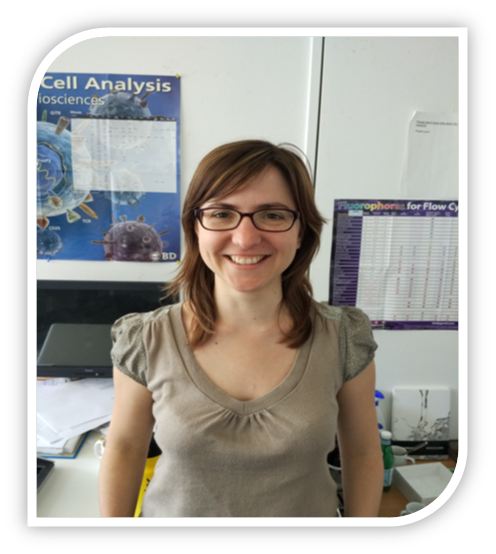Maternal microbiota sets neonatal innate immune system development

Dr Mercedes Gomez de Agüero from the University of Bern in Switzerland was invited by the scientific committee of the International Society of Microbiota to present her researches about the maternal microbiota and the neonatal innate immune system development.
The following questions will be answered by Dr Gomez during the congress:
- When the impact of the microbiota in the development of the immune system starts?
- What is the role played by the maternal antibodies in the impact of maternal microbiota in the development of neonatal immune system?
- Which kind of bacterial products would be involved in the effect of maternal microbiota in the shaping of the neonatal immune system?
According to Dr Gomez, Mammalian, born from a sterile environment in the maternal uterus, get colonized by a millions of microorganism at birth. How the immature neonatal immune system of the newborn is prepared to this colonisation was not clearly understood. Using an auxotrophic genetically modified strain of Esc Maternal microbiota sets neonatal innate immune system development herichia coli, we reversible colonised pregnant germ free mice and analysed by flow cytometry and RNA sequencing the impact of maternal microbiota on the development of immune system in the pups. [...] The offspring from gestational colonized mothers were protected against microbiota challenge preventing bacterial translocation to mesenteric lymph nodes and modulating gene expression. Our results reveal the tremendous role played by maternal microbiota and antibodies in setting the baseline of the innate immune system in the neonates.
For more information about this strategic topic, don't hesitate to register on www.microbiota-site.com
























































